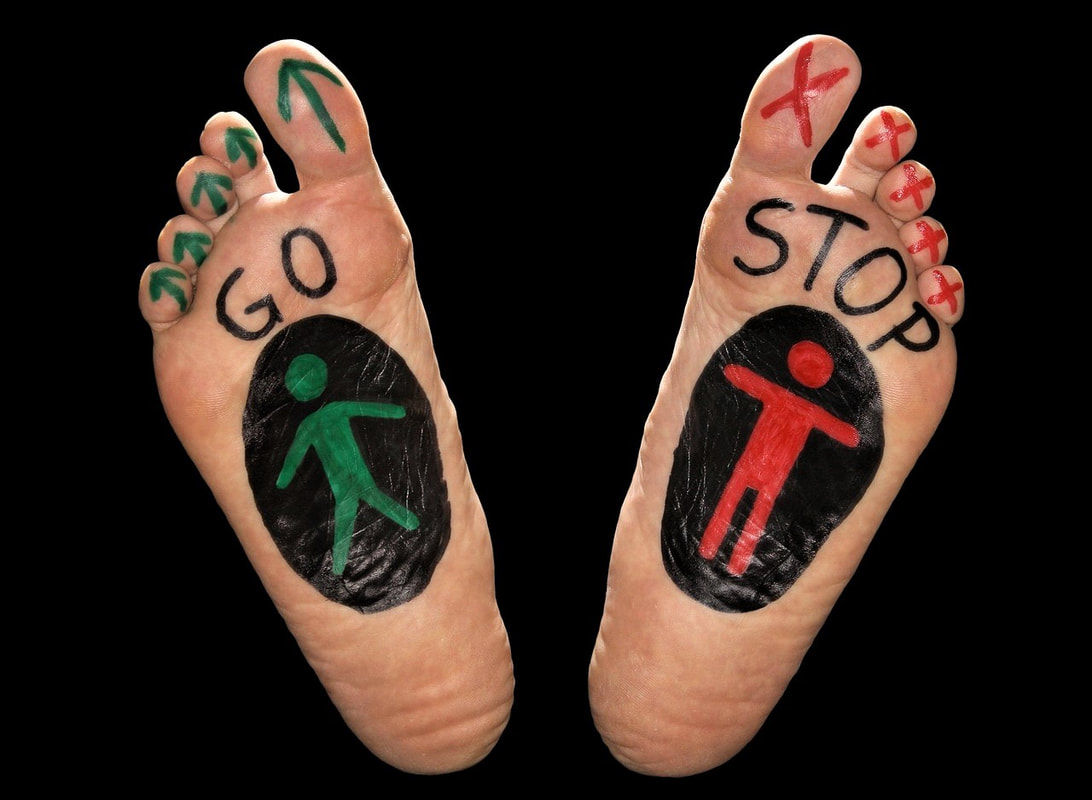|
‘Instead of singing the same song in different ways, we need to learn to sing a new song.’ (Nancy Akanbombire) I took part in a fascinating international webinar this afternoon organised by INTRAC: ‘Shifting the Power through Organisation Development’. It called for fundamental shifts in the ways in which we perceive ourselves, others and our work, particularly as consultants engaged with civil society and civil society organisations (CSOs) throughout the world. It also challenged us to examine our stance and approach by applying critical reflection and critical reflexivity to our relationships and practice. Underlying values of humility, courage, curiosity, engagement and co-creation shone throughout. The overriding theme, which extends well beyond organisation development (OD) and our work with CSOs, was how to make a paradigm shift that enables sustainable transformation. This is a big question and one that we now face urgently in so many different contexts globally. Our tried-and-tested ways of thinking about, construing and addressing situations are somehow leading us into disaster after disaster – and the stakes couldn’t be higher. This ought to be raising some serious red flags, not just Ukrainian flags: and the fact that it isn’t should be cautioning us to think very hard. Take, for instance, the devastating war in Ukraine that risks disastrous consequences for the lowest-income countries where fuel, energy and food security are already at crisis point, yet our gaze is fixed on Europe. Take the climate emergency that still threatens to kill the entire world, yet captures our attention for a brief moment then slips back to the fringe. Take the on-going Covid crisis with risks of a variant emerging from anywhere that could wipe out all of humanity, yet only 1% of people in the poorest countries have yet been vaccinated. What powers and vested interests lay hidden here? I raised a red flag with some friends this week: ‘Why are we putting up Ukrainian flags everywhere, and not Russian flags?’ The response was instinctive and immediate: ‘Firstly, we want so show solidarity with Ukraine that is on the receiving end of a brutal and unjustified attack by Russia. Secondly, if we put up Russian flags, it would look like we’re supporting Putin.’ I get it. So, I asked a second question: ‘So what about showing solidarity too with the Russian people who are proud to be Russian, who are horrified by Putin’s war and who are also suffering terribly for showing dissent?’ The room fell silent. Now, a third question: ‘This war - how did we get here?’ Again, an instinctive response: ‘Russia’s aggression.’ The Russian military is aggressive in Ukraine, and the Russian police is aggressive in Russia. Yet that’s an answer to a different question. ‘Do you think NATO expansion to Russia’s borders could have been an influencing factor?’ One frustrated person came straight back at me angrily: ‘You’re acting like a spokesperson for the Kremlin.’ I had touched on a nerve, a boundary: what is acceptable to think, what I’m allowed to ask. Yet this itself is the real learning edge. So – why do we shrink back? Why do we allow simplistic answers, binary narratives and biased judgements to so easily dominate our discourse; and why do we work so hard to defend them? Why is implicit or explicit silencing so prevalent, including in democratic societies that depend on critical debate as a core value, learning opportunity and safeguarding mechanism? The scale and complexity of the issues we face can evoke anxiety, and to face the fear can feel threatening. We retreat to where it feel familiar and safe: where red flags are torn down – and that could be our undoing.
20 Comments
‘Hindsight no longer leads to foresight after a shift in context.’ (David Snowden & Mary Boone) ‘What does this new situation call for?’ is a vastly different question to, ‘What did I do last time that worked?’ I learned this the hard way. In my younger days, I led a youth and community work project in the North of England that was, by most accounts, a great success. I subsequently moved to the South of England where, instinctively, I replicated that same approach. This latter initiative was, sadly, an unmitigated failure – yet a very important way to discover that context is critical. Increasing dynamic complexity in the world means that, in many situations we now face, the past is no longer a reliable predictor of the future or sound basis for action. In contrast to earlier views that change happens sequentially and linearly with one state of play building on another, Michael Lewis argues that, ‘change may be the result of complex emerging connections that are often random.’ Significant influences can, and often do, emerge unexpectedly at any time and from left field. There are parallels at an individual level. Karen Franklin comments that for the common maxim ‘the best predictor of future behaviour is past behaviour’ to be true, ‘the anticipated situation must be essentially the same as the past situation’. Yet, when is it? Is any context really that fixed? Eleanor O’Leary reflects astutely: ‘Everything that we have learned, everything that we have experienced is carried in the present moment.’ The past is known and feels familiar. We can get stuck there. Whether dealing at macro-strategic-systemic levels or with the people, relationships and situations in front of us, learning to critique our presuppositions-from-experience has never been more crucial. A simple aide-memoire? Post an image of traffic lights on your cell phone, laptop or desk: red light - pause; amber light - reflect; green light - act. Alongside amber, ask: ‘What am I assuming?’ (This can be a difficult question to answer, owing to deep personal-cultural blind spots or defensive routines)*. Yet, to discover a way to see the past, present and future through fresh eyes is absolutely key. What techniques have you found that help you and others do this well? (*Interested to develop your own critical reflexivity and critical reflective practice? Get in touch!) ‘Will not conform.’ (Christian Biker) Misfit. Outsider. Square peg in a round hole. Rocks the boat. Shakes the tree. Breaks the mould. You may have worked with one. You may be one. There are different types of deviance; configured around, 'acceptance or rejection of cultural values and goals' on the one hand and, 'acceptance or rejection of conventional ways to achieve them' on the other (Robert Merton). This means that, if you consider me disruptive, it’s likely to be because I challenge what you want and/or do, and/or how you do it. A deviant person can feel very uncomfortable to be around, unsettling as a colleague and difficult to manage. The answer to the question, ‘Is he or she a good fit?’ will be a resounding, ‘No’. A deviant person is a testing stone that reveals a contrasting norm; and he/she may galvanise a sense of shared identity and purpose among those who do fit: ‘We are X, not Y’. An oft-unquestioned assumption is that the defiant-dissident should change to fit in, and not that prevailing goals or culture should change. Yet constructive divergence can be a critical catalyst for transformation: ‘I’m proud to be maladjusted’ (Martin Luther King); ‘Well-behaved women rarely make history’ (Eleanor Roosevelt). Performance enhancers look for positive deviants that display exceptional qualities, then seek to replicate them. Psychological coaches help people to learn from their positive deviant experiences: ‘when the problem isn’t a problem’ (Mark Tyrrell). Radical leaders invite positive deviance to innovate, to break through. How deviant is your thinking and practice? How do you enable positive deviance in others? You are what you eat. That’s what I read on social media anyway, particularly during vegan January (in the UK). We could propose alternatives: You are what you think; or, You become what you do. There’s an idea in psychology that we don’t really know who we are until we expose ourselves to different situations, or find ourselves in them, then observe what we think, feel and do. We may discover, with surprise, that we are quite different to how we had imagined ourselves to be. Another idea is to think of an idea, an approach, and then act on it as if it were true. It’s as if I’m choosing in advance who I will be, how I will behave, how I will respond. So, for instance, if I’m facing a presentation where I lack confidence, I can stand up straight, tell myself I feel incredibly confident, create an image in my mind of being incredibly confident, then act that out, like a role play, until it becomes real and normal for me. It’s about breaking default patterns and creating new ones. I’m reminded here of a biblical principle: ‘Be transformed by the renewing of your mind.’ I’m limited or changed by what I believe and act on, by faith, as possible – in this case, with God. Richard Bach in his philosophical allegory, Illusions: ‘Argue for your limitations, and they are yours.’ Henry Ford: ‘Whether you think you can or you can’t, you’re right.’ This isn’t positive psychology on steroids. It’s an acknowledgement of the profound relationship between thinking, feeling, experiencing possibility - and hope. A goal of leadership, OD, coaching and training is to tap into the power of imagination, to create and release potential by paying attention to what people think, believe, hypothesise, assume, notice (and not-notice), the deeply personal and cultural narratives they tell themselves and each other – and to experiment with divergence, disruption, dissonance and change. You can because you think you can: When have you adopted this idea? How did you do it? What difference did it make? Are you ready to challenge and stretch your thinking and practice, to open up and create fresh possibilities and opportunities? Get in touch! [email protected] |
Nick WrightI'm a psychological coach, trainer and OD consultant. Curious to discover how can I help you? Get in touch! Like what you read? Simply enter your email address below to receive regular blog updates!
|







 RSS Feed
RSS Feed